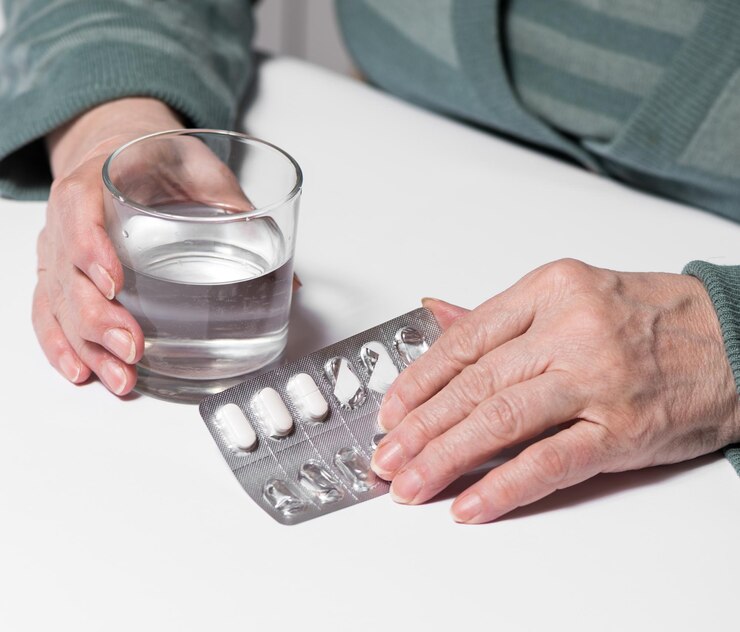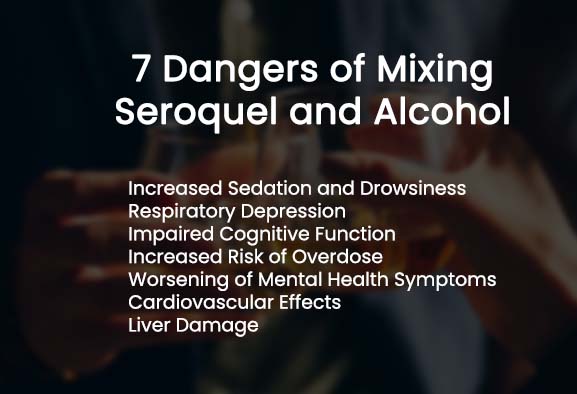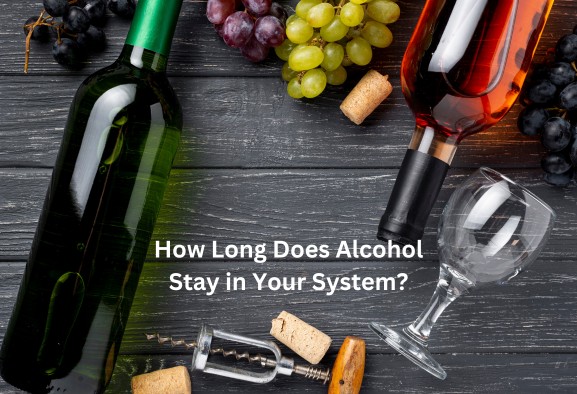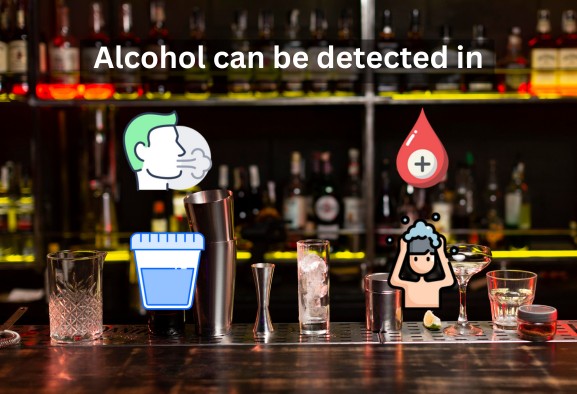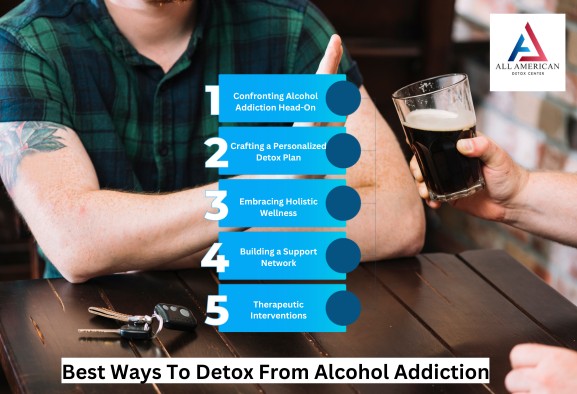Finding the right treatment center is crucial for anyone struggling with addiction. What sets an exceptional facility apart is the variety of therapeutic interventions available to clients, ensuring that treatment is tailored to the unique needs of each individual. All American Detox, located in Woodland Hills, stands out by offering a wide range of evidence-based therapeutic approaches, providing comprehensive care to those seeking recovery from substance use disorders.
In this article, we’ll explore the variety of therapeutic interventions offered at All American Detox and how these approaches are designed to foster long-lasting recovery.
Understanding the Importance of Therapeutic Interventions in Addiction Treatment
Therapeutic interventions play a critical role in addiction recovery. The complexity of addiction often requires more than just medical detoxification or medication management. Addressing the underlying emotional, psychological, and behavioral factors is essential for lasting sobriety. At All American Detox, the team understands that no two people are the same, and neither are their journeys through addiction and recovery.
This is why All American Detox in Woodland Hills has made it their mission to offer a variety of therapeutic interventions, ensuring clients receive personalized care that fits their unique challenges and goals.
Tailoring Treatment to Individual Needs
Every individual who enters treatment at All American Detox comes with different needs and experiences. The facility offers a range of therapies that include one-on-one counseling, group sessions, and holistic approaches. These therapeutic interventions are designed to work together, addressing the physical, emotional, and spiritual needs of the client. This holistic and integrative approach significantly improves the chances of long-term success.
Cognitive Behavioral Therapy (CBT): Reshaping Thought Patterns
One of the most widely used and effective approaches offered by All American Detox is Cognitive Behavioral Therapy (CBT). This evidence-based therapy focuses on identifying and changing destructive thought patterns that contribute to substance abuse.
CBT helps clients:
- Recognize and manage triggers for substance use.
- Learn healthier coping mechanisms.
- Develop problem-solving skills to overcome life’s challenges.
By addressing negative thoughts and behaviors, clients at All American Detox are empowered to take control of their recovery and build a solid foundation for a drug-free future.
Dialectical Behavioral Therapy (DBT): Managing Emotions Effectively
While Cognitive Behavioral Therapy helps reshape negative thinking, Dialectical Behavioral Therapy (DBT) is designed to help individuals manage intense emotions, which is particularly important for those who have co-occurring disorders such as anxiety, depression, or borderline personality disorder.
At All American Detox, DBT is used to teach clients:
- Mindfulness techniques to stay present and grounded.
- Emotional regulation strategies to handle stressful situations without turning to substances.
- Interpersonal effectiveness to improve relationships.
- Distress tolerance skills to manage crises.
This approach is crucial for individuals who struggle with emotional instability and addiction, helping them find balance and maintain sobriety.
Motivational Interviewing (MI): Building Internal Motivation
Motivational Interviewing (MI) is another powerful tool used at All American Detox to inspire change. This therapeutic approach is designed to strengthen a client’s motivation for recovery by exploring their personal reasons for wanting to quit using substances.
The skilled therapists at All American Detox guide clients through a process of:
- Identifying personal values and goals.
- Exploring the discrepancies between current behaviors and future aspirations.
- Building confidence and commitment to the recovery process.
Through Motivational Interviewing, clients begin to recognize their own internal desire for change, making them more likely to stay engaged in treatment and maintain long-term sobriety.
Family Therapy: Healing Through Connection
Addiction doesn’t just affect the individual; it impacts the entire family. At All American Detox, family therapy plays a critical role in the recovery process. Family dynamics can often contribute to substance abuse, and healing these relationships is essential for lasting recovery.
Family therapy at All American Detox involves:
- Open communication to address unresolved issues.
- Education about addiction and how it affects family systems.
- Developing healthy boundaries and improving family support systems.
By involving family members in the therapeutic process, clients are better equipped to rebuild trust, improve relationships, and create a supportive environment that fosters long-term recovery.
Group Therapy: Strength in Numbers
Group therapy is a core component of the therapeutic interventions at All American Detox. It allows clients to connect with others who are going through similar experiences, offering both support and accountability. In these sessions, clients have the opportunity to:
- Share personal stories and experiences.
- Learn from others who are facing similar challenges.
- Build a sense of community and belonging.
Group therapy at All American Detox is facilitated by experienced therapists who guide discussions on topics related to addiction, relapse prevention, coping skills, and emotional wellness.
Holistic Therapies: Addressing the Whole Person
At All American Detox, a comprehensive treatment approach goes beyond traditional talk therapies. The facility also offers a variety of holistic therapies designed to address the mind, body, and spirit, recognizing that recovery is a deeply personal journey that requires healing on all levels.
Some of the holistic therapies available at All American Detox include:
- Yoga and Meditation: These practices promote mindfulness, reduce stress, and help individuals manage cravings and emotional distress.
- Art and Music Therapy: Creative therapies allow clients to express emotions that may be difficult to verbalize, providing an outlet for healing and self-discovery.
- Nutritional Counseling: A healthy diet plays a crucial role in physical and mental well-being. All American Detox provides guidance on how nutrition can support recovery.
These holistic interventions complement traditional therapies, offering clients a well-rounded treatment experience that supports overall well-being.
Trauma-Informed Care: Healing Past Wounds
For many individuals, trauma is a driving force behind their addiction. At All American Detox, trauma-informed care is integrated into the therapeutic interventions to ensure that clients feel safe, supported, and understood. This approach recognizes the profound impact that trauma can have on a person’s mental and emotional health, often contributing to substance use as a coping mechanism.
Trauma-informed care at All American Detox involves:
- Creating a safe and supportive environment.
- Understanding the relationship between trauma and addiction.
- Offering therapies such as Eye Movement Desensitization and Reprocessing (EMDR) to help process traumatic memories.
By addressing trauma directly, All American Detox helps clients heal from past wounds, reducing the likelihood of relapse and supporting long-term recovery.

Relapse Prevention Planning: Sustaining Long-Term Recovery
One of the key components of recovery at All American Detox is relapse prevention planning. Relapse is a common part of the recovery process, but having a solid plan in place can significantly reduce the risk.
Clients at All American Detox work closely with their therapists to develop a personalized relapse prevention plan, which includes:
- Identifying triggers that may lead to substance use.
- Learning strategies to cope with cravings and stress.
- Building a strong support network.
- Establishing healthy routines and lifestyle changes.
These proactive measures empower clients to maintain their sobriety long after they leave treatment.
Aftercare and Continuing Support
Recovery doesn’t end when the treatment program is completed. All American Detox understands the importance of ongoing support in maintaining sobriety, which is why they offer comprehensive aftercare services. These services may include:
- Continued therapy sessions.
- Support groups.
- Access to resources for sober living arrangements.
- Regular check-ins with counselors.
By providing a continuum of care, All American Detox ensures that clients have the support they need as they transition back into everyday life.
FAQ
A Holistic Approach to Recovery at All American Detox
At All American Detox in Woodland Hills, the focus is on providing a comprehensive range of therapeutic interventions that address the whole person—mind, body, and spirit. From evidence-based practices like CBT and DBT to holistic therapies and trauma-informed care, clients receive personalized treatment designed to meet their unique needs.
This variety of therapeutic approaches ensures that every individual who walks through the doors of All American Detox has access to the tools, support, and care they need to achieve lasting recovery. If you or a loved one is struggling with addiction, contact All American Detox for resources and compassionate care necessary to begin the journey toward a healthier, substance-free life.











